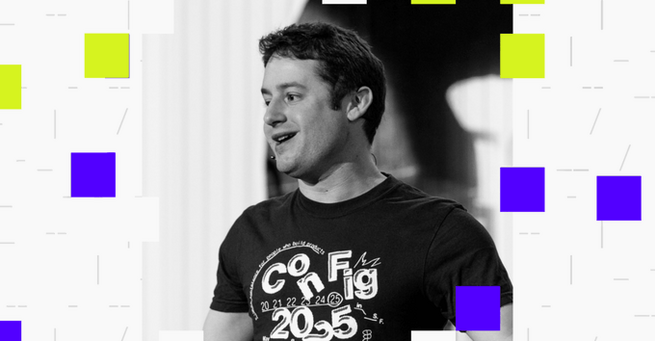
Curious about Figma’s new AI strategy and how it’s shaping the future of creative software? Figma CEO Dylan Field recently unveiled a groundbreaking approach to integrating artificial intelligence across the platform during his keynote at Config 2025. Addressing common concerns about AI in design, Field emphasized that AI is not replacing creativity but empowering it. By launching innovative tools like a ChatGPT-style prototyping assistant, a website builder, an AI-driven ad design platform, and a direct competitor to Adobe Illustrator, Figma positions itself at the forefront of the AI design revolution — ready to meet the needs of designers, developers, and creative teams alike.
Dylan Field’s new strategy reflects a significant evolution from last year’s rocky attempts at incorporating generative AI into Figma’s workflow. After facing criticism from the design community, Field acknowledged that AI must complement human creativity, not override it. His keynote in San Francisco stressed that "design and craft are the differentiators" in a world where AI-generated software is rapidly scaling. By focusing on user-centric design tools and AI that enhances rather than replaces human effort, Figma aims to build trust and inspire innovation among its core audience.
At Config 2025, Field announced the largest expansion in Figma’s history. Four new products were introduced:
Prototyping AI Tool: A ChatGPT-like assistant for rapid prototyping, helping users bring ideas to life faster.
Website Builder & Hosting Platform: A no-code solution aimed at empowering designers to launch sites seamlessly.
AI Ad Design Tool: Competing directly with Canva, this tool simplifies ad creation using AI-driven templates and suggestions.
Vector Design Software: An Adobe Illustrator rival focused on speed, collaboration, and intuitive AI enhancements.
Each product is designed to be intuitive, collaborative, and deeply integrated with AI, targeting not only professional designers but also businesses seeking affordable, high-quality design solutions.
Although Dylan Field avoided commenting on Figma’s rumored IPO plans, the product announcements clearly signal ambitions for broader market dominance. With AI at its core, Figma is positioning itself to tap into high-growth sectors like enterprise SaaS, AI software tools, and creative cloud solutions. These markets are known for high advertising competition and strong CPC keywords, aligning with Google's preference for monetizable, helpful content.
Field’s emphasis on quality, human-led design in an AI-driven environment aligns perfectly with 2025’s SEO trends: people-first content, trustworthiness, and clear value delivery. His approach also signals to investors and users that Figma is prepared to compete head-to-head with Adobe, Canva, and newer players like Framer and Webflow.
Meanwhile, Meta is "leveling up" its AI organization, signaling fierce competition across the tech industry. With Meta investing heavily in generative AI development, AI ad platforms, and creative tools, Figma’s move to strengthen its AI capabilities is timely and strategic. As more companies integrate AI into their creative platforms, differentiation through thoughtful design, ease of use, and ethical AI deployment will become key battlegrounds — areas where Figma appears determined to lead.
Figma’s new AI tools are designed to amplify creativity rather than automate it away.
Trust, design excellence, and human-centric tools remain at the heart of the platform’s expansion.
Field’s AI strategy positions Figma to challenge Adobe, Canva, and emerging creative software competitors.
Investors and users alike can expect Figma to play a major role in the future of AI-driven design platforms.
By blending human ingenuity with machine learning in a way that feels natural, empowering, and collaborative, Figma is writing a bold new chapter — one that could redefine the future of creative software.
𝗦𝗲𝗺𝗮𝘀𝗼𝗰𝗶𝗮𝗹 𝗶𝘀 𝘄𝗵𝗲𝗿𝗲 𝗿𝗲𝗮𝗹 𝗽𝗲𝗼𝗽𝗹𝗲 𝗰𝗼𝗻𝗻𝗲𝗰𝘁, 𝗴𝗿𝗼𝘄, 𝗮𝗻𝗱 𝗯𝗲𝗹𝗼𝗻𝗴. We’re more than just a social platform — from jobs and blogs to events and daily chats, we bring people and ideas together in one simple, meaningful space.